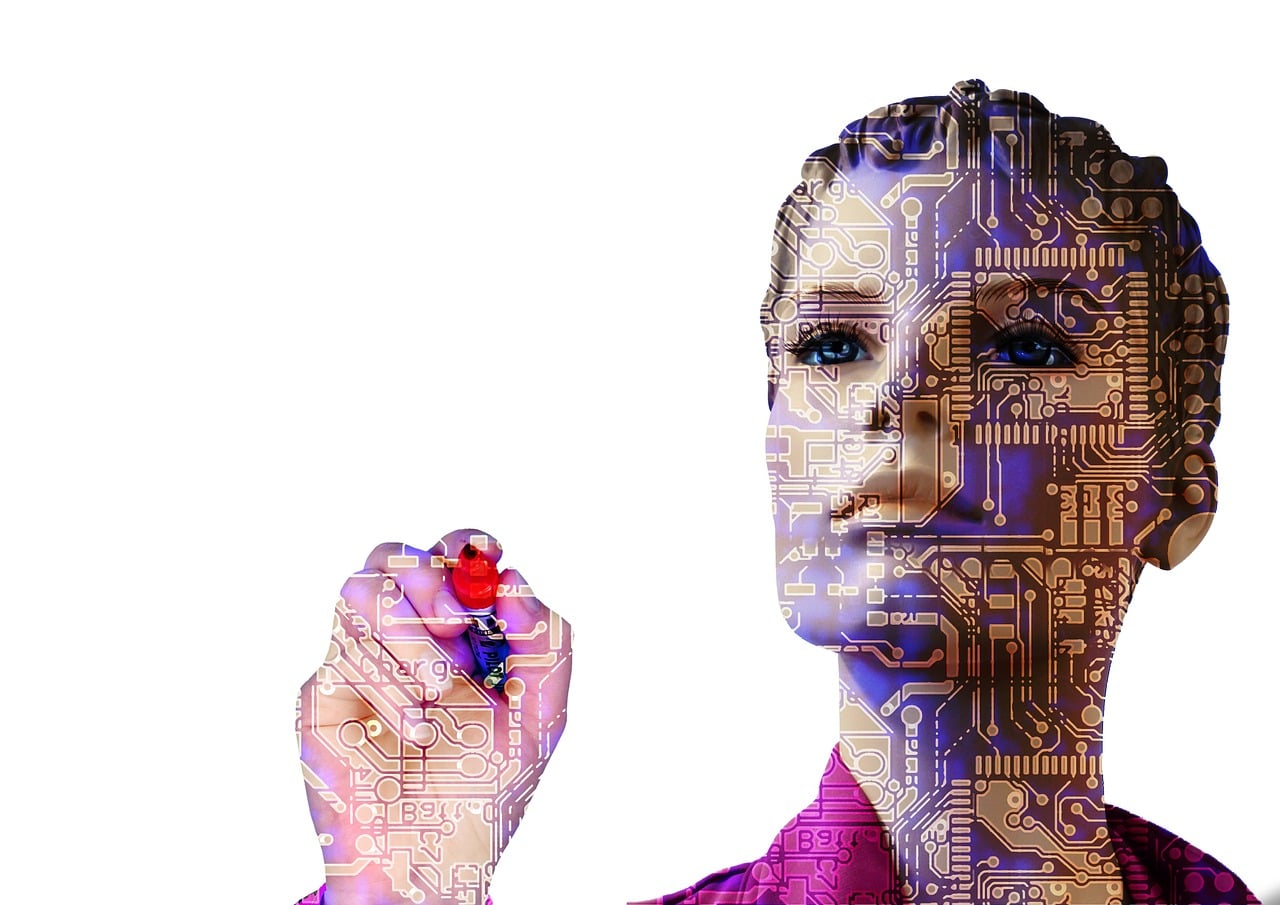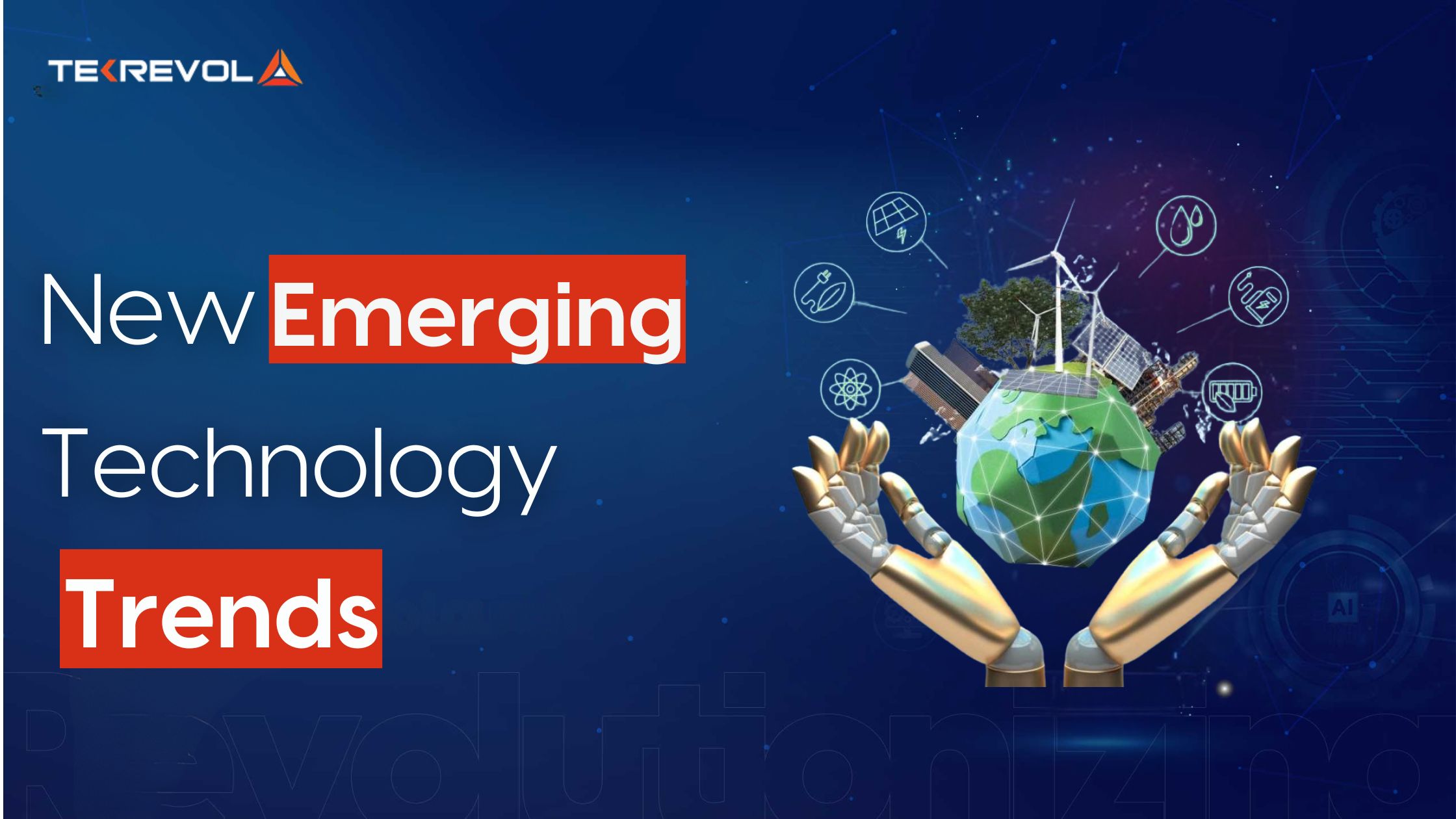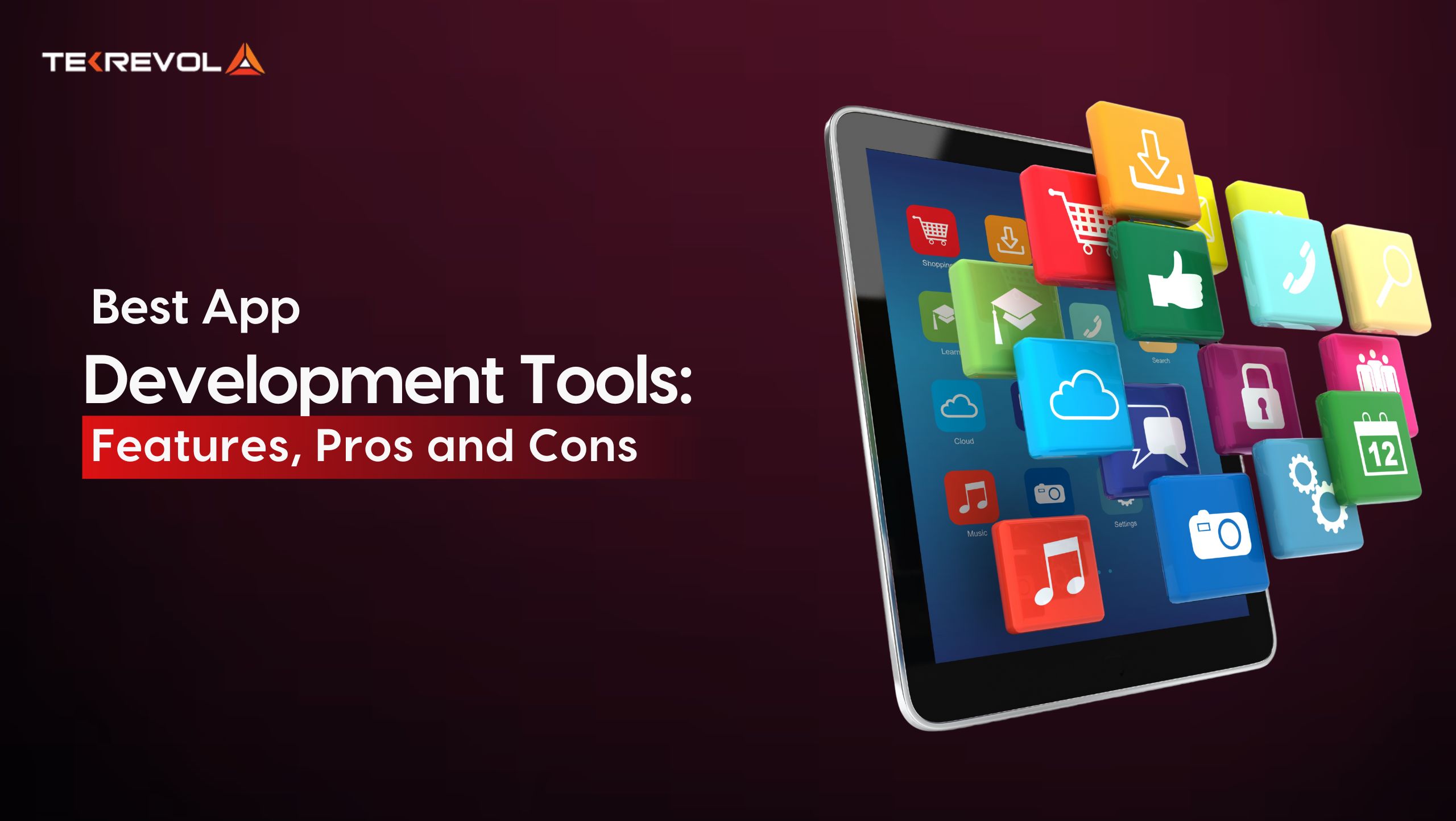Until not too long ago a concept in Science fiction has turned into a reality that has integrated itself within our lives at all levels. Artificial Intelligence is here to stay, from its applications in our daily lives to our professional lives it has redefined human processes and optimized them to a whole new level. As a tool to drive revenue for businesses or to make our daily lives and tasks easier and automated, all of us take advantage of some type of Artificial intelligence in Mobile App development.
This could be through our mobile phones, the applications we use or at work where some of our tasks might be automated to reduce the efforts required to complete a task.

What is Artificial Intelligence?
Artificial intelligence in simplistic terms is the humanization of Technology. The technology allows for a human-like ability to reason and rationalize data by applying logic.
The purpose of Artificial intelligence in mobile applications is to provide a personalized digital experience that is human-like. This is possible with the ability of an AI to not just learn from data but also self-correct and adapt to new data.
This is known as Machine Learning within Artificial Intelligence, allowing the software to adapt, learn and become better as time goes on and more data is accumulated.
While the spectrum on which AI can be implemented is huge, the basic application of AI in the modern world is to create more efficient processes through automation.
This helps in reduce manual labor, save time and create seamless processes within our daily lives and businesses. From Apple’s Siri to Google’s Alexa, Artificial intelligence has redefined the interaction between humans and machines.
From simple mobile applications to the Internet of things (IoT) based applications, Artificial Intelligence is playing a huge role in our lives and it will only get bigger with time.

Application of Artificial intelligence in Mobile App development:
a)For UX
For humans, the ability to manually analyze data the same way a machine can is an almost impossible task. Developers and designers have started to use Artificial Intelligence in apps to monitor and analyze customer engagement, their behavior patterns.
This has allowed for designers and developers to map out the user journey and experience in a far more meaningful way. This analysis and recognition of pattern making it easier to understand the problems with the interface and the best way to solve them.
Based on various user inputs, a user’s behavior is analyzed to draw relevant insights that are used to provide a customer-centric and personalized experience on the application.
This input can be based on their demographics or their location to provide a more contextual experience. We’re already seeing the use of iBeacons across the world, using location and proximity sensors to push promotions to people’s phones through simple applications, reshaping advertisements and marketing and making them localized and personalized than ever before.
Such technology provides you the ability to know who enters your store, what their buyer persona is, their purchase history and their purchase pattern, allowing businesses to provide a highly personalized experience.
Moreover, applications thrive on customer engagement and retention. The more your app is able to engage with your customers and the more value it can provide, while evolving with time, the better the application’s chances of performing better.
With the help of AI and ML, a smart application maximizes retention and engagement by sending reminders, triggering push notifications and so on to keep people using the application.
Furthermore, an application that delivers a customer-centric approach creates an avenue for retention by providing value and showing care for their needs. An easy to use application is every consumer’s dream and artificial intelligence allows developers to provide that experience through self-learning and data analysis.
b) For Developers
The development process for an application is incredibly tedious and filled with mundane tasks that take hours to complete. For developers, artificial intelligence has allowed them the ability to automate these tasks to allow themselves more time to come up with creative solutions in their fields. The question here is, how to use AI in mobile application development?
Take for example the ability to create an application that is responsive on different screens and devices. A decade ago, you would have to code extensively to allow for an application to be responsive to these different devices and screens.
With the help of AI, this process has been made easier by allowing screen-supports on development platforms. Now, you don’t have to go through the same process all over again, saving time and energy for the production team.
Moreover, the ability to preset triggers by creating repositories on platforms such as GitHub allows developers to do much of the same but in a far more optimized and efficient manner, a strategy mobile app development companies have used to reduce their development cycles and timelines.
The use of artificial intelligence is one based on creating convenience and maximizing efficiency across different fields and for tasks that require hours of work such as app development, the results of its applications have been ground-breaking.

AI-ML use cases in Mobile Applications:
The goal with AI is simple, it allows for practical solutions to problems that require a lot of effort on a daily basis and create an optimal and automated solution
Personal Assistants:
ions for them, such as market research and trend identification within an industry. Let’s answer this question with a few examples. What functions can an AI perform within an application?
Here, let’s take a look at a few examples. Personal assistants are becoming more and more necessary within our professional lives. From setting our schedules to setting meetings and replying to emails, most executives have personal assistants that take care of daily routine tasks.
With artificial intelligence, all of this can be automated with time-driven tasks which can be pre-set. Managing and executing tasks through a voice-recognition software is already implemented within mobile applications and the potential for this technology is immense.
Take for example the use of Machine learning within these processes. If applied correctly, machine learning can be used to train AI to not just set alarms based on voice-recognition but also reply to your emails, in a manner that’s hard to distinguish you from the AI. By learning and analyzing your user pattern, an AI can train itself to mimic your actions to certain conditions and execute them the next time those conditions arise.
An example of this could be a call or a birthday reminder notification. If you have a daily set meeting time, the AI can automatically decline calls with a preset message during that time so as to not disturb you.
Similarly, wishing birthdays and sending e-cards is something that can be automated. All of this is based on the ability to learn and analyze by applying human-like logic to situations and execution of tasks through Machine Learning.
Machine learning and Chabot:
Here, let’s take a step back and talk about mobile applications and their goal of customer retention. One of the things that play a huge role in that is customer support. By providing the correct information and solutions, customer support creates a relationship with users. Their level of service defines how users feel about your application or platform.
Chatbots are a great tool for customer service. With AI, it can become almost impossible to distinguish a bot from an actual human. The advantage that comes out of this is the significant reduction of human error rates in their interaction with customers.
Based on data analysis, a chatbot can analyze millions of cases to provide the best solutions or responses to a query, a task simply too much for a human whose computational abilities and limitations don’t allow for the same level of service.
This is a great way to enhance customer experience that gives your consumers another reason to stay on the application, something that is essential for revenue generation. For businesses, it’s all about revenue generation and profit and Artificial intelligence has provided them the ability to do so in the most efficient manner.

FAQ
[sc_fs_faq sc_id=”fs_faqzdkbtq2rv” html=”True” headline=”p” img=”” question=”What is Artificial Intelligence (AI)?” img_alt=”” css_class=”” ]Artificial intelligence in simplistic terms is the humanization of Technology. The technology allows machines to adopt a human-like ability to reason and rationalize data by applying logic. [/sc_fs_faq]
[sc_fs_faq sc_id=”fs_faq9amvcp7zu” html=”true” headline=”p” img=”” question=”how to use ai in mobile app development? ” img_alt=”” css_class=”” ]Take for example the ability to create an application that is responsive on different screens and devices. A decade ago, you would have to code extensively to allow for an application to be responsive on these different devices and screens. With the help of AI, this processes has been made easier by allowing screen-supports on development platforms. Now, you don’t have to go through the same process all over again, saving time and energy for the production team [/sc_fs_faq]
[sc_fs_faq sc_id=”fs_faq80kkpov1o” html=”true” headline=”p” img=”” question=”What functions can an AI perform within an application?” img_alt=”” css_class=”” ]The goal with AI is simple, it allows for practical solutions to problems that require a lot of effort on a daily basis and create optimal and automated solutions for them, such as market research and trend identification within an industry[/sc_fs_faq]

 2724 Views
2724 Views October 1, 2019
October 1, 2019









